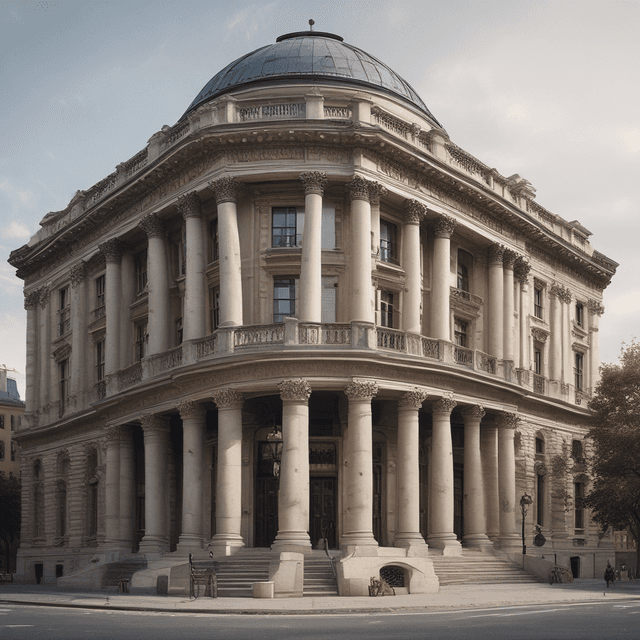
| Name | Conservatoire de Paris |
| Type | Music school |
| Focus | Cultivating and preserving traditional French musical styles • Incorporating new developments in composition, performance and music education |
| Status | One of the oldest and most prestigious music schools in Europe |
| Founded | 1674 |
| Founder | King Louis XIV |
| Location | |
| Notable alumni | Renowned composers, performers and music educators who have contributed to French national musical identity |
The Conservatoire de Paris, formally the Royal Conservatory of Music (Conservatoire Royal de Musique), is a world-renowned music school located in Paris, France. Founded in 1674 by order of King Louis XIV, it is one of the oldest and most prestigious institutions of its kind in Europe.
The origins of the Conservatoire can be traced to the musical ensembles and opera productions maintained by the French royal court in the late 17th century. Seeking to formalize music education and establish France as a leading center for classical music, Louis XIV decreed the creation of a new "Royal Conservatory of Music" in 1674.
The school was initially tasked with training musicians to serve in the king's personal orchestras and performing troupes. It quickly expanded its curriculum to encompass a wide range of instruments, voice, music theory, and composition. The Conservatoire soon attracted the most talented musicians from across France and Europe.
Despite political upheavals like the French Revolution, the Conservatoire has maintained its close relationship with the French government and monarchy over the centuries. It played a key role in promoting traditional French opera, ballet, and chamber music styles during the Baroque period and Classical period. The school also adapted to incorporate new musical trends and techniques, including Romanticism and the innovations of the French Impressionist movement.
The Conservatoire de Paris offers comprehensive music education across a variety of concentrations, including:
Students are trained by a prestigious faculty of active professional musicians, composers and scholars. In addition to coursework, they participate in recitals, concerts, and opera productions that are open to the public.
The Conservatoire's main campus is located in the historic Palais des Beaux-Arts in central Paris, housing multiple performance halls, rehearsal studios, and libraries. Additional facilities are located throughout the city to accommodate its large enrollment.
The Conservatoire de Paris has produced many of France's most renowned composers, performers, and music theorists over the past three centuries, including:
Alumni of the Conservatoire have been central to the development and dissemination of uniquely French musical styles and techniques, cementing its status as one of the world's premier music schools.
The Conservatoire de Paris has played a pivotal role in shaping the identity and cultural prestige of French classical music over the centuries. As the pre-eminent training ground for the country's top musical talent, it has been instrumental in establishing Paris as a global center for the art form.
The school's close ties to the French monarchy and government have endowed it with unparalleled resources and influence. Conservatoire alumni have dominated the musical establishments of the Palais de Versailles, Paris Opera, and other elite Parisian institutions. This has allowed them to promote and preserve traditional French musical styles, while also incorporating new innovations.
Today, the Conservatoire de Paris remains one of the most respected and sought-after music schools in the world. Its graduates continue to make significant contributions to the global classical music scene, ensuring the school's legacy as a foundation of French cultural identity.